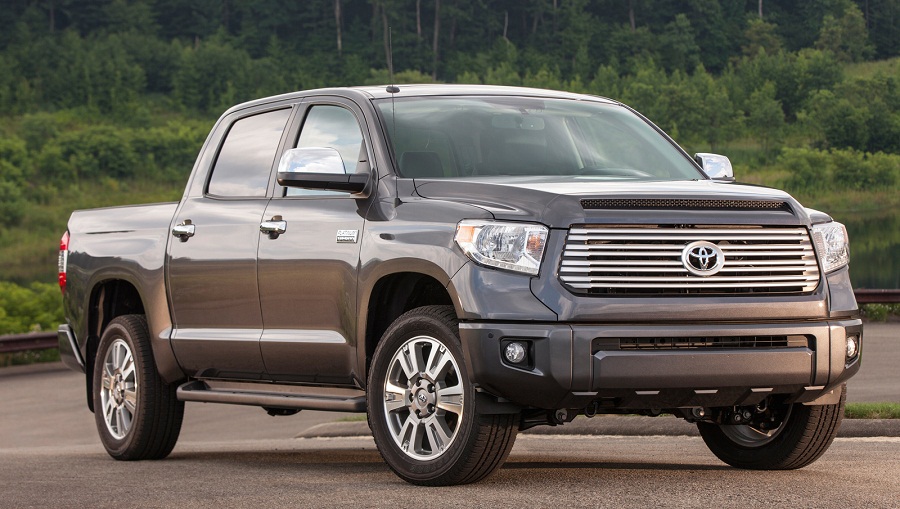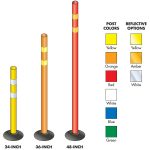Having your car overheat on a hot summer’s day is no one’s idea of a good time. Still, it happens, and it’s a smart idea to be prepared. Here’s what you can do if your car starts to overheat on the road
- Pull over to the side of the road as soon as your temperature gauge alerts you.
You should have numerous warnings from your dash that your engine is overheating. As soon as you notice the signs, pull over the side of the road. Do not attempt to drive further, or you’ll risk permanently damaging your engine.
- Turn off your engine right away.
You need to let your engine cool off, so switch it off as soon as you notice overheating. Then, carefully open the hood to allow for air flow.
- Don’t touch the radiator cap.
Both the water and radiator systems will be under high pressure, which means that you should not take the cap off. The high pressure will blow the cap off as soon as it’s loosened, and it could seriously injure you.

- Allow everything to completely cool off before touching anything.
It is essential to allow everything to cool off before you do anything. There’s nothing you can do before it’s all cool.
- Refill the coolant or antifreeze.
Once the engine is completely cool (down to room temperature), you can open up the system and refill your antifreeze. Naturally, you’ll want to keep coolant in your car at all times for moments like this.
- Watch the temperature gauge.
As you continue to drive, monitor your temperature gauge, and if it goes off, pull over immediately.
Don’t forget to help prevent overheating by getting your car serviced regularly.
Regular Toyota service Baltimore can prevent overheating from occurring in the first place. You should have service members check your hoses for leaks or corrosion, make sure your coolant system has adequate antifreeze, check your fans, and change your oil.
If you haven’t yet this year, take your care into your nearest Toyota service Baltimore dealership to get an oil change and have them check out what’s under your hood.





